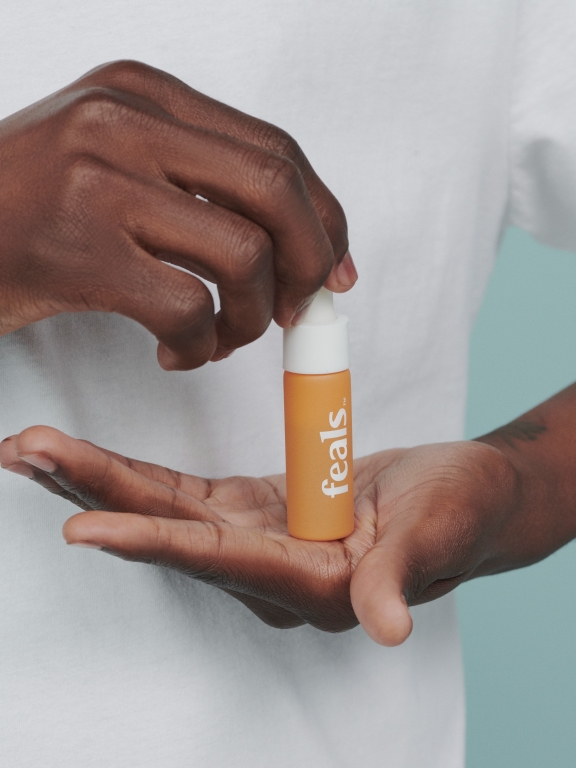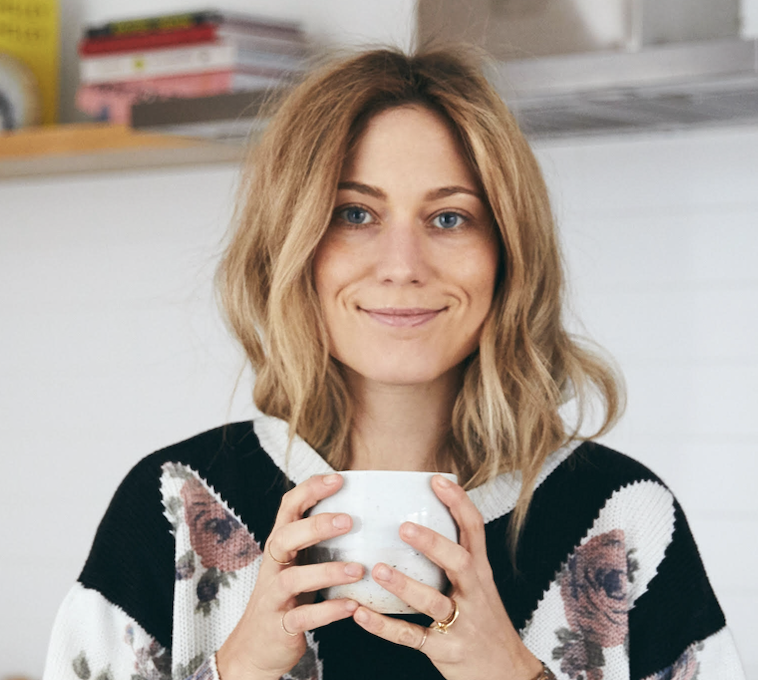The power of a good night’s sleep is widely underestimated. As a nutritionist, my clients are often surprised by how much time we can spend talking about what we’re doing when we’re not consuming any food at all. But inadequate sleep, which is defined by length, quality, and regularity, plagues upwards of 70 million Americans, and it doesn’t just make us tired in the morning.
Poor sleep can trigger a cascade of physical and emotional consequences, including increased stress, memory, and cognitive impairment, elevated hunger levels and sugar cravings, a higher risk of obesity, inflammation, a weakened immune system, and more. On the flip side, waking up rested in the morning has a lot of benefits — a clear mind, better mood, more appetite control, and, frankly, a better quality of life.
There are many lifestyle and environmental factors, as well as clinical conditions that can disrupt our sleep, and fortunately, some of them are within our control.

Try a Natural Remedy like CBD
The great thing about natural remedies is that they have no adverse effects, so you can experiment with, say, a trusted CBD brand like Feals without worrying about becoming dependent, feeling groggy in the morning, or any of the other side effects commonly associated with pharmaceuticals. According to the CDC, one-third of adults in the don't get enough sleep each night. The good news is that many of the underlying causes of sleeplessness — like anxiety and pain — are eased by CBD.
In addition to anecdotal evidence, early research around CBD and sleep is promising. Research shows CBD may increase overall sleep amounts, reduce insomnia, and has been shown to improve sleep in people who suffer from chronic pain. Researchers believe that how CBD interacts with serotonin receptors, which plays a role in regulating mood, and GABA receptors in the brain, which calm excessive activity in the brain and promote relaxation, is the key to understanding the connection.
When it comes to dosing, the general rule of thumb is that higher doses of CBD have a sedative effect, so it’s best to take it about 30 minutes before you’re heading to bed. With a CBD tincture like Feals, start with about 60 MG and add or subtract until you find your ideal dose.
Stay on a Schedule
Eat at regular times each day to keep your circadian rhythm in sync. Our body receives cues from daylight and the timing of our meals to manage our internal clock. When this is thrown off, from travel, night shift work, or erratic eating patterns, our sleep is often affected.
Keep a Nighttime Routine
For you that means a bath, washing your face, turning on some calming music, meditating, or simply putting down your phone, turning off the TV, and grabbing a book.
Eat Well
Whether you’re eating poorly because you’re sleeping poorly or the other way around, processed foods, sugar, overeating, excessive alcohol, and caffeine intake can impair our sleep. Instead, eat a balanced diet of whole foods like fruits, vegetables, high-quality proteins, whole grains, nuts, and seeds.
Mia is a Los Angeles based nutritionist, author of The Well Journal, and founder of RASA, a holistic wellness practice. Through her work, she aims to help people understand their bodies, demystify wellness trends and learn to love nutrient-dense foods, so they can improve their health, and never need to diet, count calories or stress about their food choices again.

